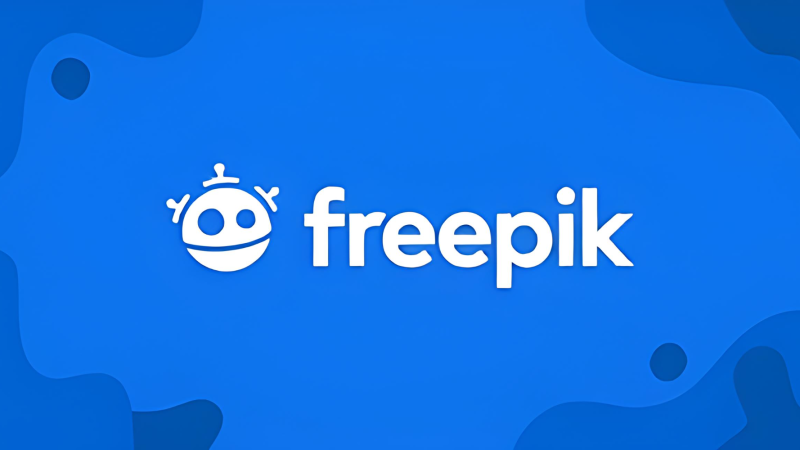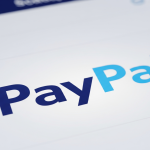Introduction
Starting a new career can feel confusing, especially if you’re starting from scratch. However, 2025 offers distinct opportunities for individuals looking to shift or start fresh in their professional journeys. Regardless of whether you are a recent graduate, a stay-at-home parent re-entering the workforce, or anyone wanting a change, the journey of pursuing a new career can be both exciting and fulfilling. With technological advancements and shifting jobs, this is a great time to explore new possibilities. This blog will help you in navigating this transition smoothly and prepare you for success in your new career.
Assessing Your Interests and Skills
Before you jump into job searches and career choices, take a moment to evaluate your interests and abilities. This crucial step will help pinpoint which career paths correspond with your passions and skills.
- Identify Interests: Think about activities that motivate you. Ask yourself:
- What topics do I enjoy talking about?
- What hobbies am I passionate about?
- What responsibilities have I enjoyed in past jobs?
- Assess Skills: Compile a list of tasks where you excel. Reflect on both hard skills (like technical expertise) and soft skills (like effective communication or leadership).
- Reflect on Experiences: Recognize transferable skills from past jobs or experiences:
- Communication: Writing reports, and delivering presentations.
- Problem-solving: Addressing customer issues, and finding creative solutions.
- Teamwork: Collaborating on projects, and managing a team.
- Conduct Self-Assessment Tests: Think about taking career assessment tools, such as MBTI (Myers-Briggs Type Indicator) or StrengthsFinder, to identify your personality type and strengths.
Researching In-Demand Careers for 2025
After identifying your interests and abilities, look into careers that are expected to be in demand by 2025. Gaining insight into the job market will help you focus your efforts on areas with growth potential.
- Focus Areas: Analyze areas that are anticipated to expand, including:
- Technology: Jobs in software development, cybersecurity, and artificial intelligence are growing.
- Healthcare: As the population ages, positions in nursing, health informatics, and telehealth services become more crucial
- Renewable Energy: As more businesses prioritize sustainability, it is anticipated that jobs in solar and wind energy will grow.
- Digital Marketing: As more companies go online, expertise in social media marketing, content creation, and SEO is in great demand.
- Job Market Resources: To analyze job opportunities, expected salaries, and in-demand skills, use resources such as LinkedIn’s Economic Graph and the Bureau of Labor Statistics (BLS).
Best Ways to Make a Career Change
Making a successful transition to a new career requires careful planning. The following steps will help you move into your new position smoothly:
- Define Your Goals: Specify which industry and job roles interest you. Limit your choices to 2-3 areas that excite you.
- Tailor Your Resume: Adjust your resume for each job application, emphasizing relevant skills and experiences. Highlight achievements that reflect your ability in the new sector.
- Enhance Your Skills:
- Enroll in Online Courses: Websites like EdX, Coursera, and Udemy provide various courses. Select programs that are directly applicable to your desired profession.
- Pursue Certifications: Look into certifications that are recognized in the industry, such as CompTIA for IT professions or Google Analytics for digital marketing.
- Networking:
- Utilize LinkedIn: Reach out to individuals in your target field. Join relevant groups and be involved in discussions.
- Attend Networking Events: Attend seminars, webinars, and workshops to connect with industry experts and gain valuable insights.
Gaining Practical Experience
When beginning a new career from scratch, gaining real-world experience is crucial. To build your experience, follow these steps:
- Volunteering and Internships: Look for volunteer or internship opportunities that give you practical experience. Startups and nonprofits frequently welcome assistance and may give valuable exposure.
- Freelance Projects: Look for freelance jobs that fit your objectives by using websites like Wiraa. Gaining customer experience and developing a portfolio are two benefits of freelancing.
- Skill Application: Make sure the tasks you start on enable you to show relevant abilities. For example, develop a content plan for a small business if you’re switching to digital marketing.
Build a Professional Network
A career switch might benefit significantly from having a strong professional network. Here are some tips for efficiently expanding and using your network:
- Make Contacts: Speak with family members, friends, and others you know in the field you want to work in. Tell them you’ve changed careers and ask for leads or advice.
- Participate in networking events: Attend local gatherings, workshops, and seminars. Interacting with others may end up in beneficial relationships and opportunities.
- Join Professional Associations:
- Find Organizations: For job openings, mentorship, and resources, look for professional associations in your field.
- Engage with Members: To build relationships, take part in conversations, offer your time to committees, and attend events.
Create a Strategic Action Plan
Once you have collected information and established your network, the next step is to develop a strategic action plan.
- Set Specific Objectives: Clarify your career goals, including both immediate and long-term targets.
- Detail Your Steps: Create a timeline for:
- Completing relevant training or certifications.
- Acquiring experience through internships or freelance projects.
- Submitting job applications, with a target for a specific number each week.
- Stay Flexible: Be ready to modify your plan as necessary in response to shifts in the job market or personal situations.

Conclusion
Starting a new career from scratch in 2025 is completely possible with the right approach and mindset. Firstly by evaluating your abilities, secondly, by exploring in-demand roles, and finally, by developing a professional network, you can effectively navigate through this transition. Moreover, keep in mind that every successful career shift starts with a single action.
Also, consider using freelancing platforms like Wiraa to connect with job opportunities and gain insights into different fields. Wiraa supports your transition by offering resources, networking chances, and potential freelance opportunities that can help you successfully navigate your new career path. Embrace the challenges and opportunities that come with starting fresh—your future is waiting!




